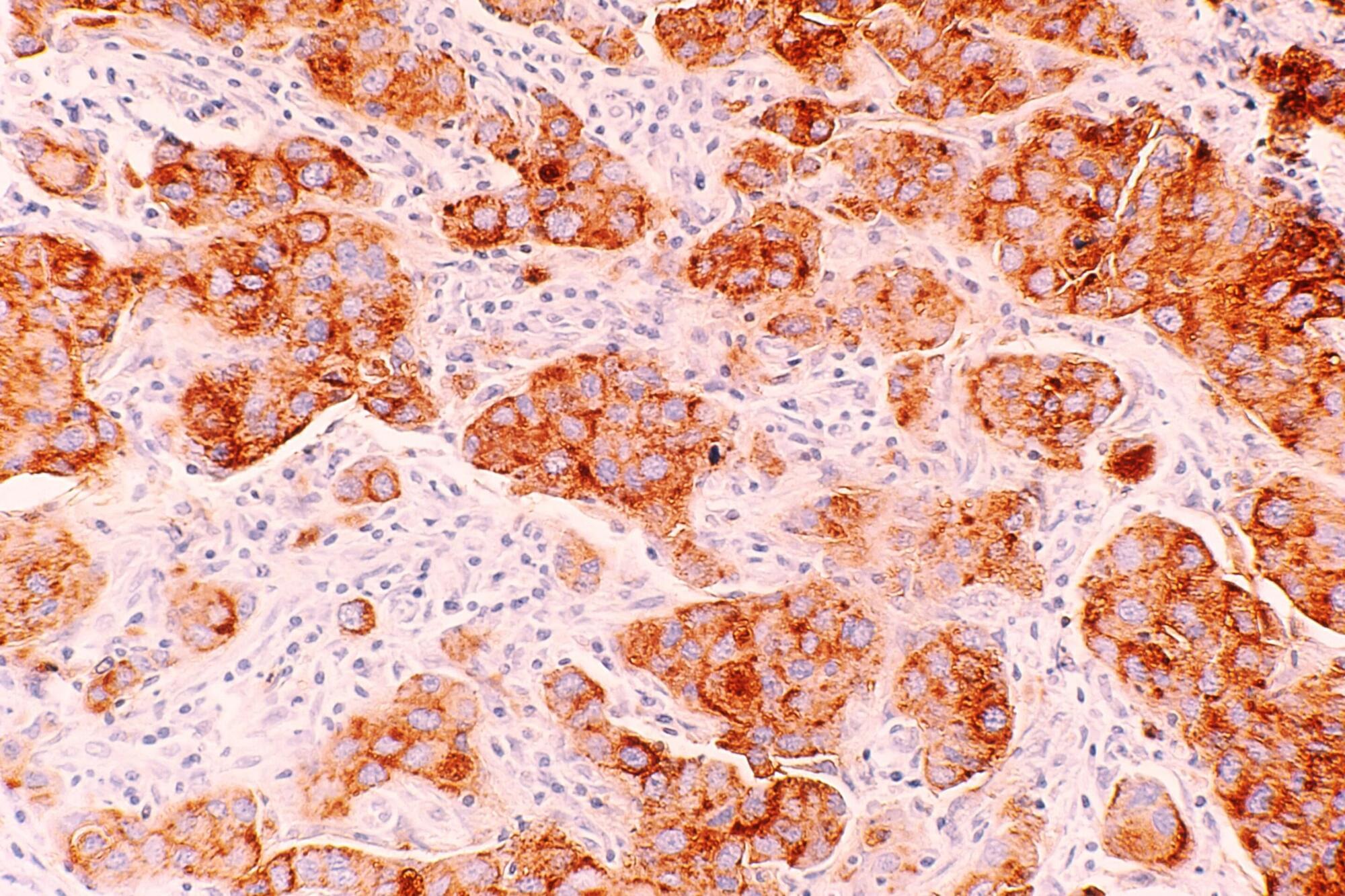Vimentin is a type III intermediate filament (IF) protein normally expressed in cells that develop into connective tissue, blood vessels, and lymphatic tissue (mesenchymal cells). Despite being widely studied, its role in tumor growth and progression remains unexplored.
A team of researchers at Queen Mary University of London have discovered how a small change in the vimentin protein can make breast cancer more aggressive. The work is published in the journal eLife.
By modifying a specific amino acid cysteine to serine residue at position 328 in vimentin, they discovered that this mutation disrupted the protein’s interaction with the cell’s structural network. Remarkably, the mutated vimentin induced aggressive cancer-like behavior in breast cancer cells, including faster cell growth, migration, and invasion accompanied by reduced cell adhesion.
